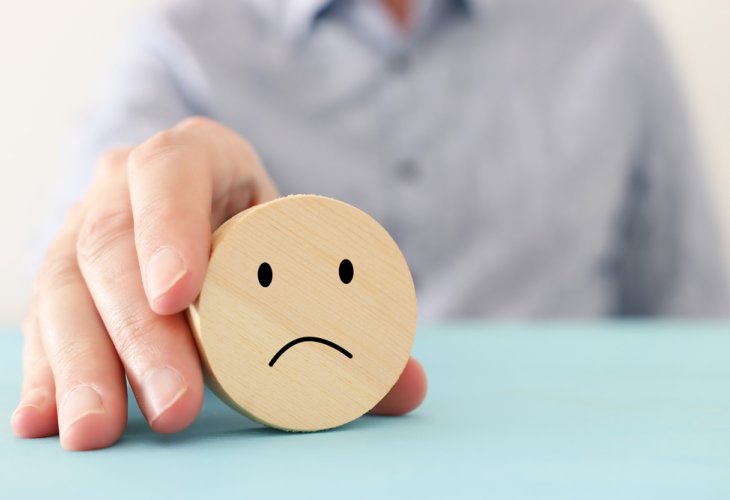Personality Development
How Our Interpretations Shape Future Events
How positive thinking transforms emotions, behavior, and everyday life.
 (Photo: shutterstock)
(Photo: shutterstock)Our way of thinking, and how we interpret reality, has a significant impact on our ability to function and the results we can achieve. By gaining control over our thought patterns, and especially by adopting a positive mindset, we can influence and even regulate emotions such as low mood, depression, feelings of inferiority, anxiety, and more. Gaining mastery over such emotions can dramatically improve our functioning and allow us to fulfill our potential more effectively.
In fact, a positive mood is a key to unlocking our human potential and we have better cognitive function when we’re in a good emotional state. As our sages say in the Talmud (Taanit): “If you see a student whose learning is difficult for him, it is because his teacher is not smiling at him.” Emotional state directly affects our ability to think clearly and succeed in learning.
Negative thinking however, or even just a lack of emotional regulation, can damage our abilities and lead us to behaviors that block our potential, leaving us emotionally weighed down by negative feelings.
A humorous story is told about a housewife who invited guests for a festive meal. As she was doing last-minute preparations, she discovered that she was out of sugar. Desperate, she decided to go ask her neighbor across the hall. But as she made her way over, she began thinking: “What will the neighbor think of me? Inviting guests and I don’t even have sugar? She’ll definitely mock me. Maybe she won’t say anything, but I’ll see it on her face. She’s probably wondering why I rushed to host before checking my pantry...”
As she kept walking, her blood pressure rose and her heart pounded. By the time she knocked on the neighbor’s door, she was already full of tension and defensiveness. The neighbor opened with a broad smile, gladly went to her kitchen, and came back with a bag of sugar.
The anxious hostess, so flooded with negative feelings, couldn’t see the kindness clearly. Instead, she responded bitterly: “It’s just sugar! Why do you have to judge me? Why that critical look?”
While this story may be fictional or exaggerated, it reflects a real psychological truth that we often assign negative interpretations to events- not because of what’s actually happening, but because of the emotional baggage we carry going into them. Negative thinking colors even positive situations with negativity, while positive thinking allows us to interpret situations more charitably.
In many cases, our thinking affects our interpretations far greater than the objective facts do. The way we interpret events, deeply influences our experience and emotional response to them.
Furthermore, our interpretations can even create the reality we fear. For instance, if the sugar story had happened and the neighbor had no negative thoughts, but responded with generosity, the reaction of the hostess could cause the neighbor to feel unappreciated and insulted, so that next time, she might not be so eager to open her door or lend sugar. Over time, such patterns can lead the negatively inclined person to become socially isolated, receiving less kindness and warmth from others. This is the way that negative thinking becomes self-fulfilling.
Our thoughts and interpretations don't only influence how we feel, but they can shape what actually happens. This is the power of perspective, and the importance of cultivating a healthy, positive way of thinking

